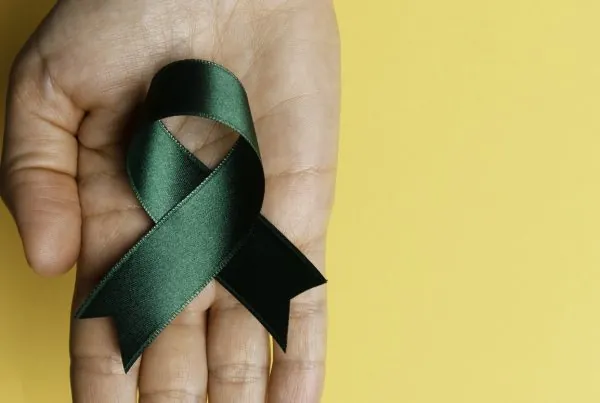Adolescents look to adults for security, safety, and to be positive examples; this also means they tend to push buttons and test boundaries – “No” is often low on the list of a teen’s favorite words. As adults, we have to make a concerted effort to create firm boundaries for our kids that are not only respectful, but geared toward creating an environment of emotional and physical safety. This means we have to say “no” even if it’s not a popular answer, and it means we have to hold the boundary surrounding that answer, regardless of the outcome. Remember, “No” is a complete sentence, and it’s perfectly okay to say it, own it, and honor it.
they tend to push buttons and test boundaries – “No” is often low on the list of a teen’s favorite words. As adults, we have to make a concerted effort to create firm boundaries for our kids that are not only respectful, but geared toward creating an environment of emotional and physical safety. This means we have to say “no” even if it’s not a popular answer, and it means we have to hold the boundary surrounding that answer, regardless of the outcome. Remember, “No” is a complete sentence, and it’s perfectly okay to say it, own it, and honor it.
It’s easier to back out of a “No” than a “Yes.”
Imagine this scenario: Your teen is relentlessly asking you if they can hang out at a friend’s house; you are engrossed in a project or conversation. Out of frustration, you hastily give permission. However, a bit later, you realize you had said, “yes,” in error – you actually want your teen home for dinner, and being at a friend’s house means he or she won’t be home in time. So you change your mind. All of a sudden, you have an angry teen on your hands – you’re unfair, mean, et cetera. Speaking out of haste or frustration has a negative impact – it illustrates an unstable boundary and creates an environment where kids don’t know what to expect. In the scenario above, no one wins: your teen is disappointed and angry at you, and you’re frustrated and angry at your teen.
Why is it so hard to say “No”? And better yet, why is it so hard for us to hear “No”?
“No” is a boundary. It is a way of advocating for ourselves and ensuring we are meeting our needs. It allows us to set boundaries so we can take care of ourselves and create healthy boundaries with others. “No” is not mean; it’s not spiteful. “No” is honest and it represents self-respect and self-awareness. It also cultivates emotional safety and stability.
Sometimes, saying “No” can feel like we are letting someone down, or maybe like we are letting ourselves down. Maybe we want to say, “Yes” when what we really need to say is “No.” This is a hard skill to learn, for teens and adults.
If/when you are faced with a difficult situation where there might be pressure to say “Yes,” or where you are uncomfortable saying “No,” ask yourself the following questions:
- Will the outcome be helpful or harmful to yourself or others?
- Are my needs being met?
- Is this “Yes” to please someone else or to honor myself?
Hearing “No” can be difficult because often times, the truth is, we aren’t really asking; we are making a veiled demand that is presented in the form of a question. The politeness we assumed in the asking then comes crashing down because the reality is, we weren’t asking in the first place. When things are in a stasis, this is a great conversation to have with your teen. And it’s a great perspective to be aware of for yourself. Are you really asking your teen to take out the trash, or you demanding that they do it? If they said, “No,” how would you respond?
Hearing “No” also can breed a sense of disappointment. We may feel like we aren’t getting what we want. We may feel rejected. There is an unfortunate comfort in being polite and saying what we think others want to hear. When we are inauthentic and we omit our truth, we evoke a passive anger later on. Bringing some awareness into cultivates authentic and honest communication.
Setting and maintaining healthy boundaries is a lifetime practice. Some boundaries are easier set than others. Practicing saying “No” is a good start. In fact, it’s an empowering start.






